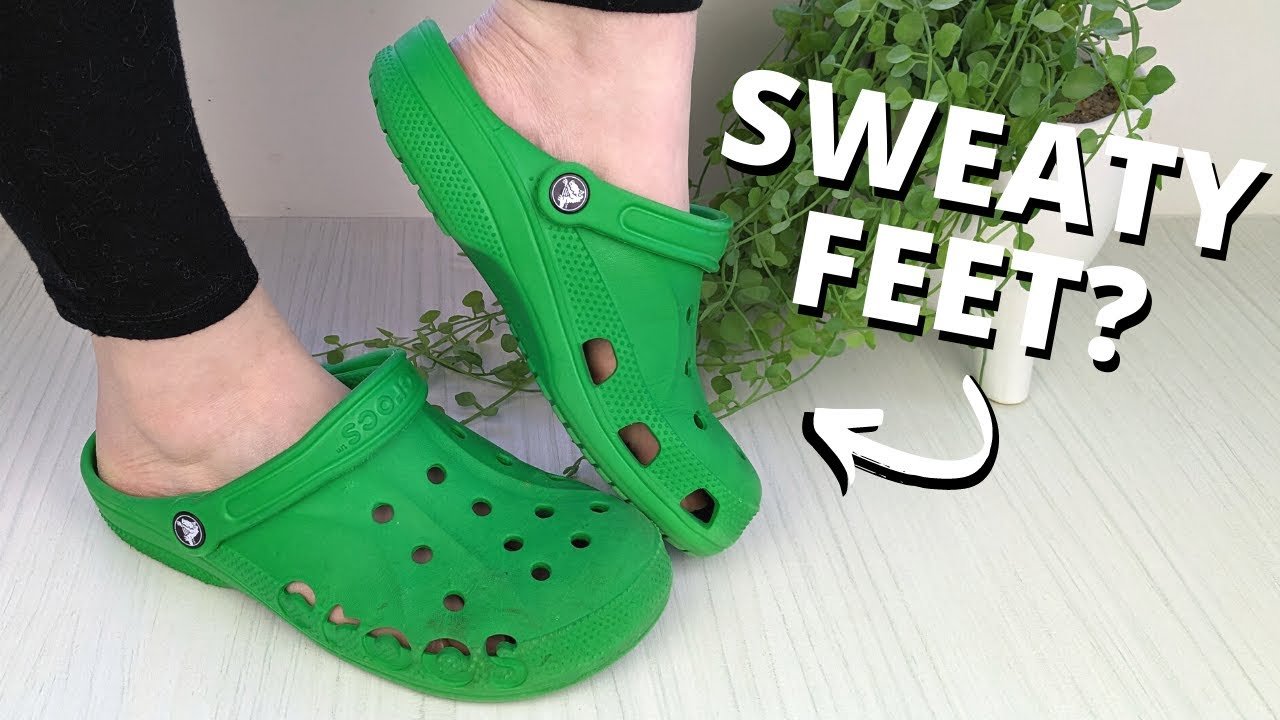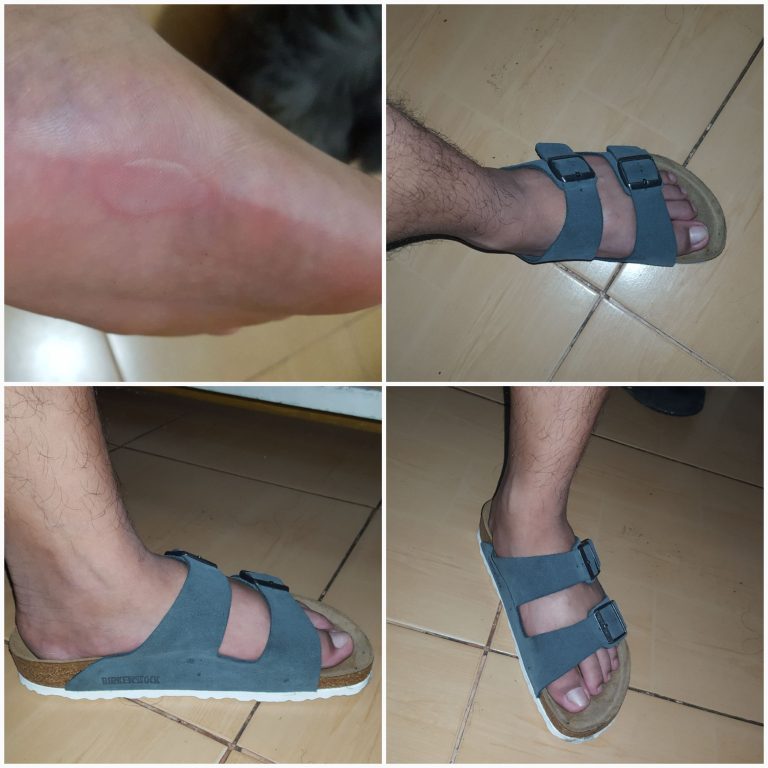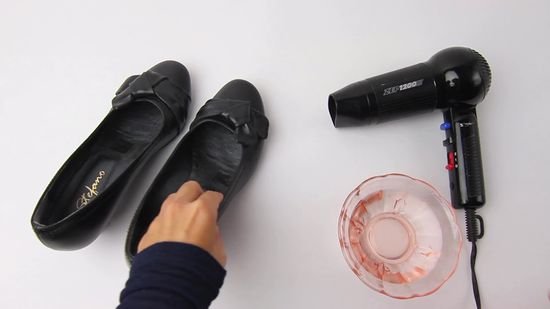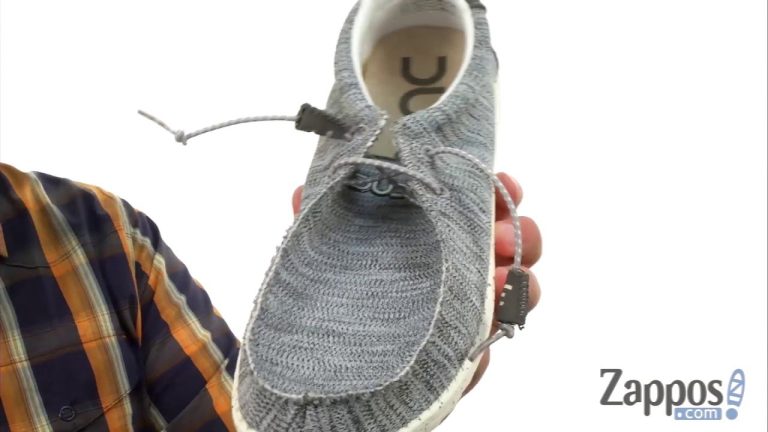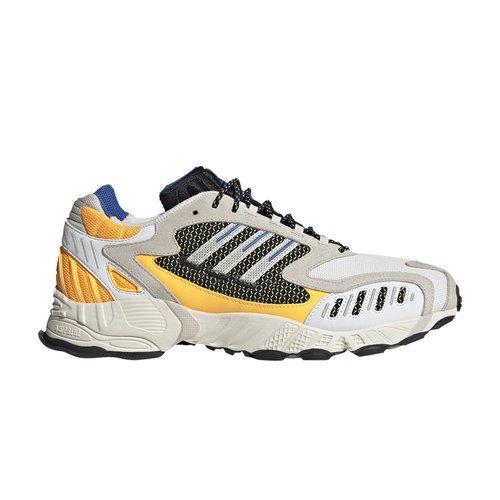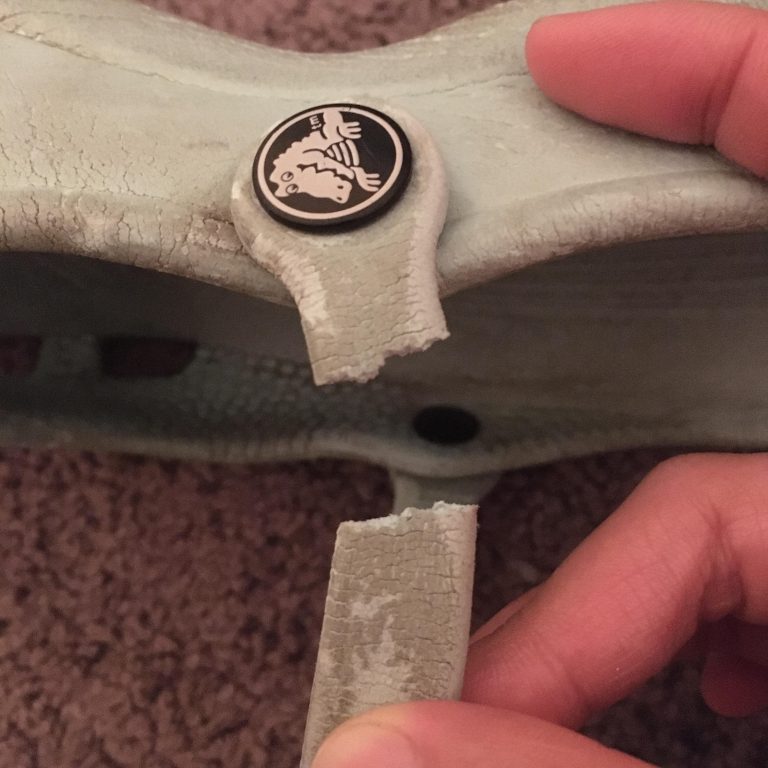Ever experienced the discomfort of sweaty feet while sporting your favorite pair of Crocs? You’re not alone. It’s a common dilemma that many Crocs enthusiasts face. But fear not, for there is a solution to this perspiration predicament. Why do Crocs make my feet sweat? Well, the airy design and unique material of Crocs tend to trap moisture, hampering the breathability that typically keeps our feet dry. But don’t fret, we’ve got some useful tips and tricks up our sleeve that will help you bid farewell to the moisture and embrace comfort in your Crocs. So, if you’re ready to bid adieu to sweaty feet and enjoy the bliss of breathable footwear, keep on reading!
Why Do Crocs Make My Feet Sweat?
Crocs have gained popularity over the years as a comfortable and versatile shoe option. However, one common issue that many people face when wearing Crocs is excessive sweating of the feet. So, why do Crocs make your feet sweat? In this article, we will delve into the reasons behind this phenomenon and explore various factors that contribute to sweaty feet when wearing Crocs.
1. Material Composition
The material used in the construction of Crocs plays a significant role in making your feet sweat. Crocs are typically made of a proprietary closed-cell resin called Croslite. While this material is known for its lightweight and comfortable properties, it lacks breathability. The non-porous nature of Croslite prevents air from circulating freely around your feet, leading to increased perspiration.
1.1 Lack of Breathability
Croslite is not a breathable material, which means that it doesn’t allow air to pass through easily. As a result, your feet are more likely to sweat when enclosed in Crocs for extended periods. The lack of breathability traps heat and moisture, creating a conducive environment for perspiration.
1.2 Absence of Moisture-Wicking Properties
Another factor that contributes to sweaty feet when wearing Crocs is the absence of moisture-wicking properties in the Croslite material. Without the ability to absorb and wick away moisture, sweat accumulates on the surface of your feet, leading to discomfort and increased perspiration.
2. Lack of Arch Support
One of the reasons people opt for Crocs is their comfortable design. However, their lack of proper arch support can impact the way you walk and increase the likelihood of sweaty feet. When your feet don’t have adequate support, your body compensates by exerting more pressure on certain areas, leading to increased friction and sweating.
2.1 Increased Friction
The lack of arch support in Crocs can result in increased friction between your feet and the shoe’s interior. Friction generates heat, leading to sweat production as your body tries to cool down. This friction also prevents air circulation, exacerbating the sweating issue.
2.2 Impact on Walking Gait
Crocs are known for their flat and cushioned soles, which may be comfortable initially. However, the lack of arch support can affect your walking gait, causing your feet to rub against the shoe’s interior. This constant rubbing increases sweating and heat generation, contributing to sweatier feet.
3. Warm Climate and Environmental Factors
The environmental conditions in which you wear your Crocs can also influence the sweating of your feet. In warm climates or during hot weather, your body naturally sweats more to regulate its temperature. When combined with the characteristics of Crocs mentioned earlier, this can intensify the sweating experience.
3.1 Heat Retention
Crocs, being made of non-breathable materials, retain heat within the shoe. In warm environments, this heat buildup can cause your feet to sweat profusely, making you feel uncomfortable. The inability of the material to release heat further contributes to sweaty feet.
3.2 Humidity and Moisture
Humidity levels also play a significant role in foot sweating. High humidity can make your feet sweat more as moisture in the air makes it harder for sweat to evaporate, leaving your feet feeling damp and sweaty. Additionally, if your feet are already moist due to perspiration, the non-breathable nature of Crocs can trap that moisture inside, intensifying the sweating.
4. Foot Hygiene and Care
Apart from the characteristics of Crocs themselves, personal foot hygiene and care can also influence the degree of sweating you experience while wearing them. Neglecting proper foot care routines can lead to increased sweating and subsequent foot odor.
4.1 Cleanliness
Keeping your feet clean and dry is essential in preventing excessive sweating. If your feet aren’t clean when you put on your Crocs, any existing bacteria or dirt can contribute to sweat and odor. Regularly washing and drying your feet before wearing Crocs can help minimize sweating.
4.2 Moisturization
The condition of your skin can also impact foot sweating. Dry and cracked skin can lead to increased perspiration as your body tries to compensate for the lack of moisture. Regularly moisturizing your feet can help maintain healthy skin and reduce the likelihood of excessive sweating.
4.3 Sock Usage
Wearing socks with your Crocs can provide an additional layer of absorption for sweat. Opt for breathable, moisture-wicking socks to enhance comfort and reduce perspiration. Socks also act as a barrier between your feet and the Croslite material, minimizing direct contact and potential friction.
In conclusion, several factors contribute to why Crocs make your feet sweat. The non-breathable materials used in their construction, lack of arch support, warm climate, and personal foot hygiene all play a role in this phenomenon. While Crocs offer comfort and practicality, it’s important to consider these factors and take appropriate measures to mitigate excessive sweating and discomfort. With proper care and attention, you can still enjoy the benefits of Crocs while minimizing foot sweating.
Do Crocs Make Your Feet Sweat? (My Experience)
Frequently Asked Questions
Why do Crocs make my feet sweat?
Crocs are made from a type of foam called Croslite, which does not allow for proper air circulation around your feet. The lack of breathability can cause your feet to sweat excessively in hot weather or when you’re active. Additionally, the loose fit of Crocs can lead to friction and rubbing, which can further contribute to sweat production. It’s important to note that everyone’s feet are different, and while some people may not experience excessive sweating in Crocs, others may find it to be a common issue.
Do all Crocs make feet sweat?
The material and design of Crocs, particularly the traditional clog-style ones made from Croslite foam, can contribute to feet sweating. However, not all Crocs styles are created equal. Some newer models incorporate more breathable materials and ventilation holes, which may reduce the likelihood of excessive sweating. If you are concerned about sweating, it may be worth considering these alternative styles or exploring Crocs with additional ventilation features.
Can I prevent my feet from sweating in Crocs?
While you cannot completely prevent your feet from sweating in Crocs, there are steps you can take to minimize it. Wearing moisture-wicking socks can help absorb sweat and keep your feet drier. Applying antiperspirant or foot powders before wearing Crocs can also help reduce sweating. Additionally, taking regular breaks and allowing your feet to air out can help alleviate some of the excessive sweating.
Are there any alternatives to Crocs that don’t make feet sweat?
Yes, there are alternatives to Crocs that are known for their breathability and moisture-wicking properties. Some brands offer sandals or clogs made from materials like mesh or genuine leather, which allow for better airflow and can keep your feet drier. Additionally, shoes with ventilation holes or open designs can also provide better breathability. It’s a matter of finding the right style and material that works best for your feet.
Should I avoid wearing Crocs if my feet sweat a lot?
If your feet tend to sweat excessively, it may be worth considering other footwear options besides Crocs. While they can be comfortable for some, the lack of breathability in Crocs may exacerbate your sweating issue. It’s important to prioritize your comfort and consider shoes made from breathable materials. Consulting with a podiatrist or footwear specialist can also provide you with personalized recommendations based on your specific foot condition.
Final Thoughts
Crocs are known for their comfort and ease, but they can also cause feet to become sweaty. The unique design of Crocs, with their closed-toe and heel ventilation holes, can lead to increased perspiration. When wearing Crocs, the feet may not have enough room to breathe, trapping moisture and creating a warm environment conducive to sweating. Additionally, Crocs are made of a rubber-like material that does not allow air circulation, further contributing to sweaty feet. So, if you find your feet sweating when wearing Crocs, it is primarily due to their design and lack of breathability.
